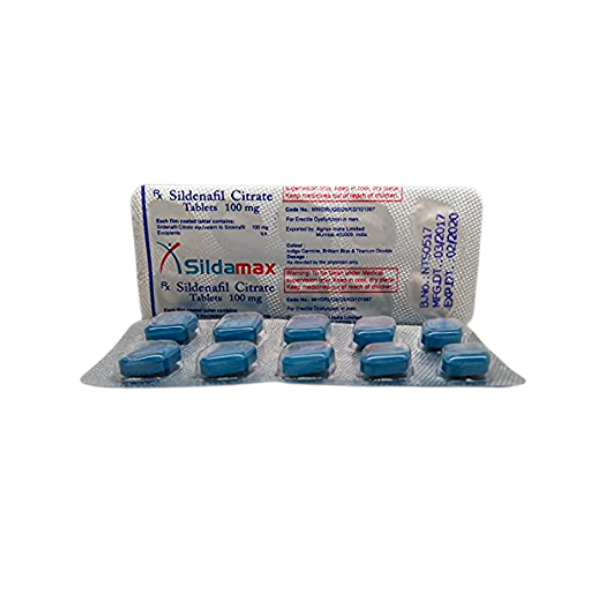Hotels rely on online visibility to attract guests. Many owners turn to Online Travel Agencies (OTAs) like Booking.com, Expedia, and Airbnb to gain exposure. While OTAs can bring bookings, they also come with high commission fees and limited control over branding. Investing in a hotel SEO service offers a better long-term solution. SEO brings direct traffic, increases brand authority, and reduces reliance on third-party platforms.
The Problem with OTAs
OTAs promise high visibility, but they come at a cost. They charge commission fees that range between 15% and 30% per booking. These fees add up quickly, cutting into profits. Hotels have little control over customer relationships since OTAs own guest data and communication channels. When a guest books through an OTA, they interact with the OTA’s brand first, not the hotel’s.
Another issue is the competitive nature of OTAs. Hotels must compete with others on the same platform, often lowering prices to stay visible. This creates a pricing race that benefits the OTA but reduces profit margins for hotels. OTAs also prioritize hotels that pay for premium placements, making it harder for smaller hotels to stand out.
Why SEO is a Better Investment
SEO helps hotels attract guests directly through their website. It improves a hotel’s ranking on search engines like Google, making it easier for travelers to find them without relying on OTAs. A well-optimized website attracts organic traffic, meaning potential guests land on the hotel’s site when searching for accommodations.
Unlike OTAs, SEO does not require ongoing commission payments. While there is an initial investment in SEO, the long-term benefits outweigh the costs. Once a hotel ranks high in search results, it continues to receive traffic without paying per booking.
Key Benefits of Hotel SEO
1. More Direct Bookings
Direct bookings eliminate third-party fees and put hotels in control of guest interactions. When travelers visit a hotel’s website, they engage directly with the brand. This allows hotels to personalize the booking experience, offer special deals, and build guest loyalty.
2. Higher Profit Margins
Without OTA commissions, hotels keep more of their revenue. SEO brings organic traffic that leads to direct bookings, reducing the need for paid advertising and third-party platforms.
3. Brand Control
Hotels can showcase their unique offerings through their website. SEO allows them to craft engaging content, highlight amenities, and present their property in a way that OTAs do not. Having full control over branding builds trust and recognition among potential guests.
4. Long-Term Results
Unlike paid ads, which stop generating traffic once the budget runs out, SEO delivers lasting results. A well-optimized website continues to rank well in search engines, attracting guests for months or even years without ongoing costs.
5. Better Customer Relationships
When guests book directly, hotels can communicate with them before arrival, during their stay, and after check-out. This helps improve the guest experience and increases the chances of repeat visits and positive reviews.
6. Local SEO Attracts Nearby Travelers
Many guests search for hotels in specific locations. Local SEO ensures that a hotel appears in searches like “best hotel in [city]” or “hotels near me.” This helps attract guests who are already looking for accommodations in the area.
How to Optimize a Hotel Website for SEO
1. Keyword Research
Identify the words potential guests use when searching for hotels. Use terms like “luxury hotel in [city],” “budget-friendly stays,” or “family-friendly hotels.” Including these keywords naturally in website content helps improve rankings.
2. Optimized Website Content
Hotels should create informative and engaging content. A blog with travel tips, local guides, and hotel features can attract visitors. High-quality images and detailed descriptions also help convert visitors into guests.
3. Mobile-Friendly Design
Most travelers use smartphones to research and book hotels. A mobile-responsive website ensures a smooth user experience. Google also favors mobile-friendly sites in search rankings.
4. Fast Loading Speed
Slow websites frustrate visitors and lead to high bounce rates. Optimizing images, reducing unnecessary code, and using a fast hosting service improve site speed.
5. Local SEO Strategies
Hotels should claim and optimize their Google Business Profile. This increases visibility in local searches and allows guests to see essential details like location, contact information, and reviews.
6. Quality Backlinks
Getting links from reputable travel blogs, tourism websites, and local directories helps improve search rankings. Partnering with influencers and travel bloggers can also drive traffic.
7. Positive Reviews and Ratings
Encouraging guests to leave reviews on Google and TripAdvisor helps build trust and improves rankings. Responding to reviews, both positive and negative, shows that the hotel values customer feedback.
Conclusion: SEO Wins Over OTAs
OTAs offer visibility but at a high cost. Hotels that rely solely on OTAs lose profits, control, and customer relationships. Investing in SEO leads to more direct bookings, higher profits, and long-term success. With a strong SEO strategy, hotels can reduce dependence on third-party platforms and attract guests directly to their websites.
A well-planned SEO approach is the best way for hotels to maintain control over their brand, connect with guests, and increase revenue. Investing in Digital Marketing Packages that include SEO ensures sustainable growth and long-term success in the hospitality industry.








Leave a Reply